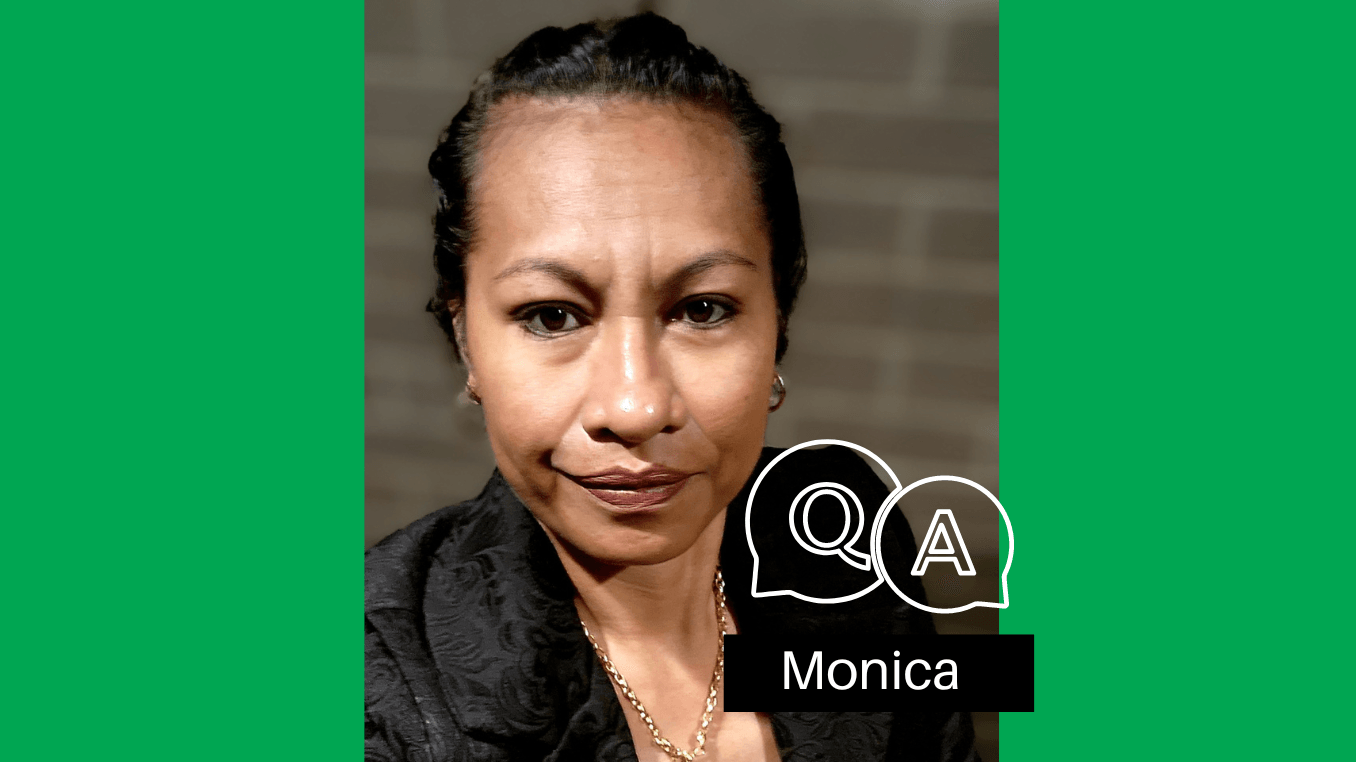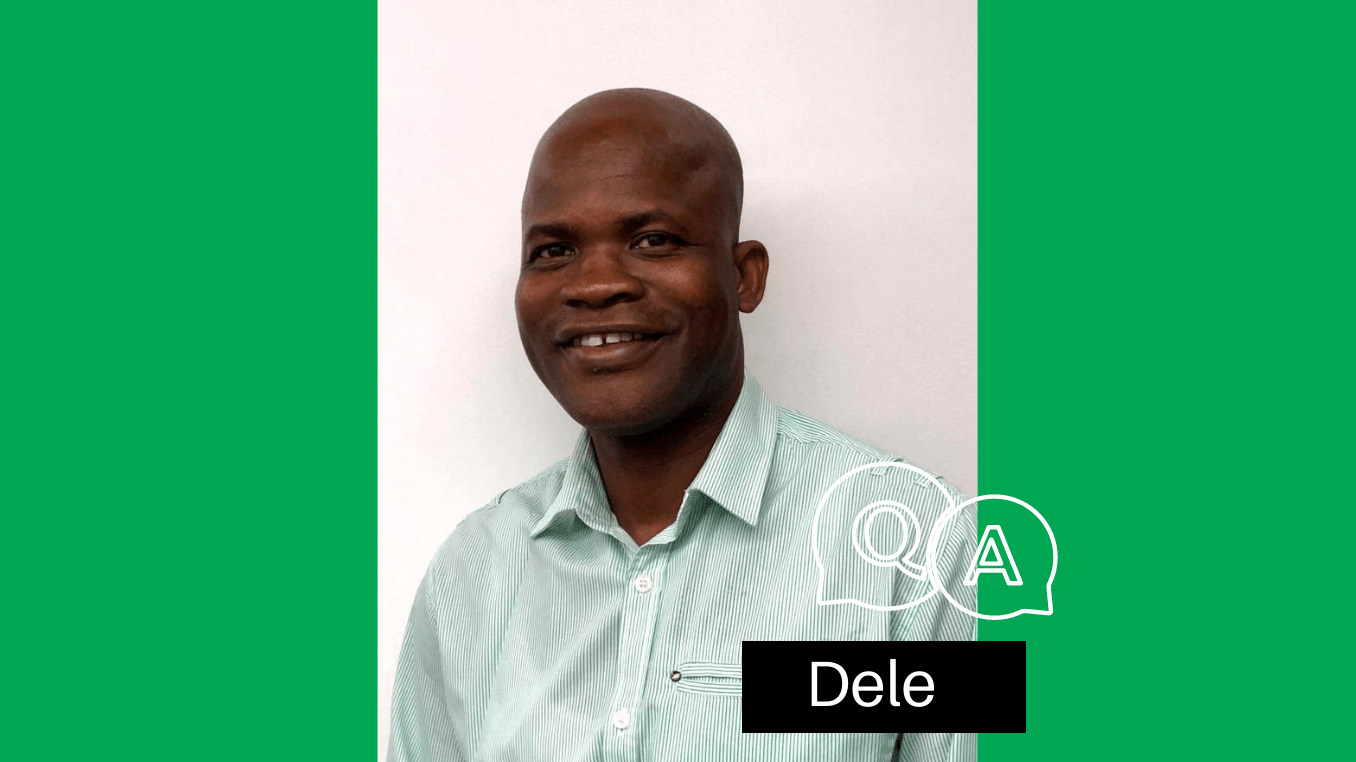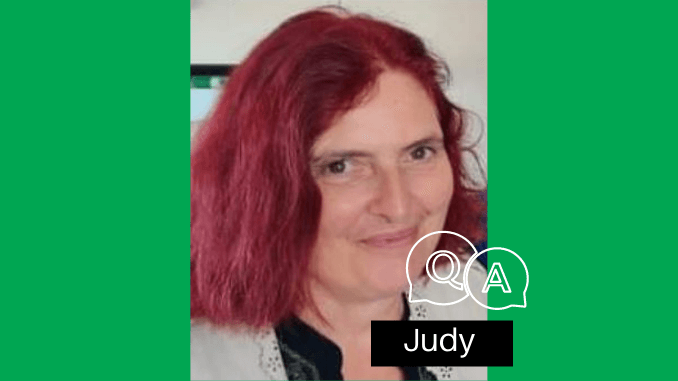Day in the life of a Youth Worker - Lachlan
Curious about what it’s like to work as a Residential Youth Worker with Edmen? We talked to Lachlan to find out. Keep reading to learn about the job and why it’s a great career choice for anyone passionate about making a difference in the lives of young people.
Tell us a bit about yourself
I'm Lachlan. I'm currently working as a Residential Youth Worker. I was enlisted into the role through Edmen. I’ve also done a dual degree in criminology and psychology.
What made you want to pursue a career in Youth Work?
I grew up in Vietnam, which is where my passion for these human services type roles originated. I guess I saw a lot of poverty when living over there. I did a lot of volunteer work through orphanages. For example, I volunteered for Tien Phuc Orphanage, they have children living there who have been impacted by Agent Orange from the Vietnam War, and that's where my passion for working with young people started.
Why did you choose Edmen as an employer?
I essentially chose to work alongside Edmen because I wanted that flexibility while I was studying. It meant I could choose my own hours. There's no shortage of work if you want it. And it pays well as well, but it's also a rewarding role that I've really been wanting to do. It’s hands on work, working with clients face to face and puts my skills to the test.
What does a typical day at work look like for you?
I guess for me personally, in a typical day, I work with a wide variety of young people. I work across a pretty broad spectrum of houses but essentially, you turn up to your shift at a house. The young people have differing needs, but all of them are obviously living in out of home care. They've been impacted by trauma and they have those trauma related behaviours. When you arrive at your shift, you ensure the daily care needs of the children you're working for are being met. A big focus is all about skills building. Unfortunately, a lot of our young people who we work with, haven't had that opportunity through their caregiving to build their skills, so they can be a bit behind in many different areas. Essentially the goal at the end of the day is to have the young people’s daily care needs met, but simultaneously ensuring that you're building that capacity, you're building their skills and you're preparing them for the future. Regardless of how young they are, just ensuring that you're building them up so that when they are transitioning into adulthood, they've been provided with the necessary skills they need to be a high functioning member of society.
What are some of the ways you build rapport with young people?
Shared interests. I think you need to understand the young person you’re supporting and what they respond best. But obviously that's not always an option. For example, if you've got a young person who's just coming into care, we may get a referral that doesn't have all that information. But gathering as much information as possible helps to uncover what their interests are, what their likes are, and even what their dislikes are. This helps us as Youth Workers to know what topics of conversation to bring up and how to engage proactively.
Also, when building rapport, it’s important to ensure you're not going to be talking about anything that may be a trigger– that may just instantly diminish the opportunity to build a relationship. As a male, I think as well, a lot of the time you'll find that these children and young people have complex relationships with male role models. So you have to be mindful of that. A lot of time they're just looking for that connection that they can build with you, but sometimes they may be very hesitant of that because they could be fearful of men.
What’s the hardest part of your job?
I think a lot of people in these types of roles and in this industry suffer from compassion fatigue, whether it's residential youth workers or child safety officers or foster carers. You have to be mindful of it. You're working with children and young people day after day, who you can try your absolute hardest to build a relationship with, but they will reject you at every single turn. And you cannot take that personally. You have to acknowledge that that's their way of protecting themselves. They put their own barriers and guards up to ensure their own personal safety. And you have to be mindful of that. You have to take that trauma informed response because if you don't, it's not just going to impact on them and how you're engaging with them, but it's going to impact on you and your own mental health.
When you're facing rejection after rejection, it's going to have an impact on anybody. So you really need to have thick skin and you need to know that even though what you tried once maybe didn't work. Yeah, sure, you can take different approach, but at the same time, you just need to keep trying. I don't think there's any real wrong answers in that regard.
There's no doubt about it, you need to be mindful of your own mental health. And maybe sometimes you need to just take a bit of a step back, reevaluate the situation, see how you're checking in with yourself, practice mindfulness, see how you're feeling about your engagement.
Because it can get draining, you can suffer from compassion fatigue, and I think having that outlet or someone you can talk to is a really big factor. Edmen is fantastic in terms of having EAP resources that you can engage with if you are feeling burnout or you're needing mental health support.
What drives you to get out of bed in the morning?
Kicking goals, really. When you have a positive outcome for a young person, there's no better feeling. Especially a client who you've been working tirelessly with. Even if it's something small, like just getting them out of the house. It's small steps. You're not going to expect a complete 360 or 180 overnight. You need to keep in mind what the goals are and what the steps are to those goals.
You put the work in, you really put the effort in to try and improve their situation, their living situation every single day, improve their mental health, and improve their capacity to be able to build those long lasting relationships. So every time you work towards these goals and you find those little successes, yeah, it's a bit euphoric.
Do you have any advice for people considering youth work as a career?
I guess I would just say go for it. I mean, it's hard. I'm not going to sugarcoat it. You need to stay focused on those future goals. Don't dwell on the past or don't dwell on where you are now. Focus on where you want to be. And that goes for the young people as well. Focus on where they want to be because you will make an impact. And the fact that you can turn up to work and have such an impact on even one person's day or their entire life, I think that is a tremendous achievement. It’s a big responsibility you hold in your hands, but it is so gratifying. There is no better feeling than leaving a shift or looking back on the work that you've done and knowing that you've made an impact in other people's lives.
Regardless of how small you may think it is, I guarantee you in the young person’s mind, it's much bigger. So, if you really do want to feel that sense of accomplishment and gratification of having a positive impact on others, then I say do it.
Ready to take the jump and join the Edmen crew? Search our open Youth Support Worker roles today.
Edmen Community Staffing Solutions Blog

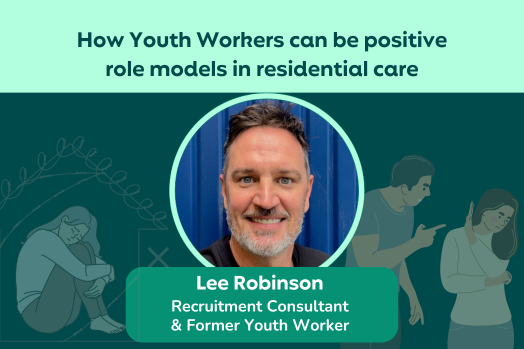
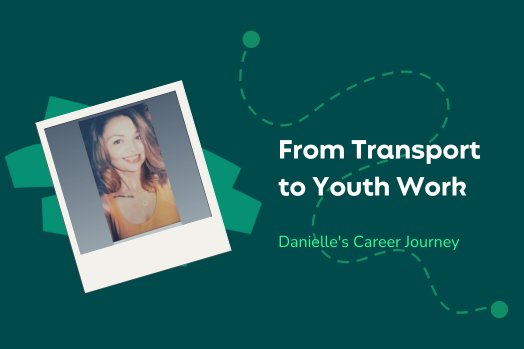

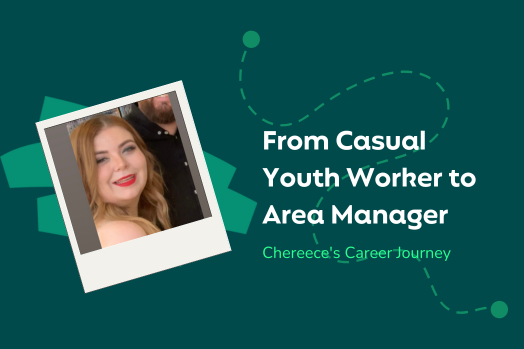
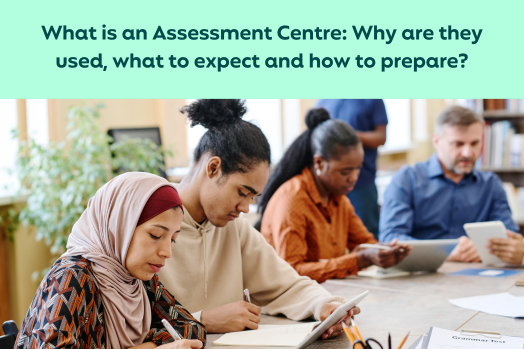
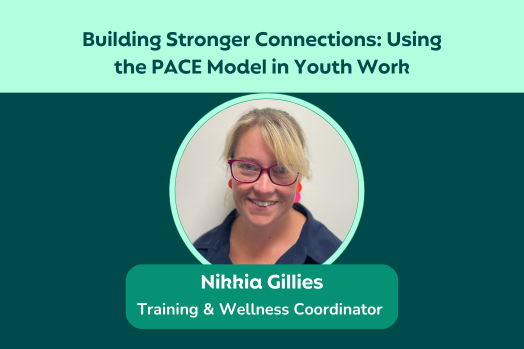
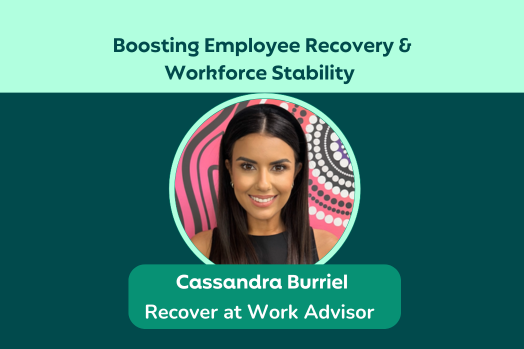

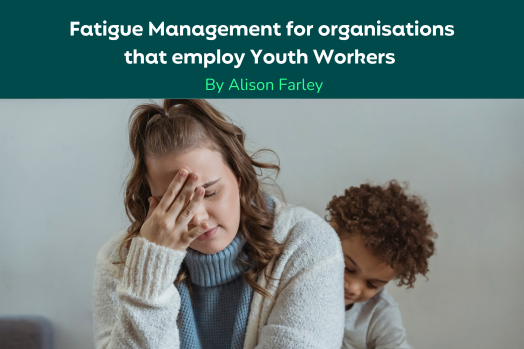
Edmen Community Staffing Solutions Blog

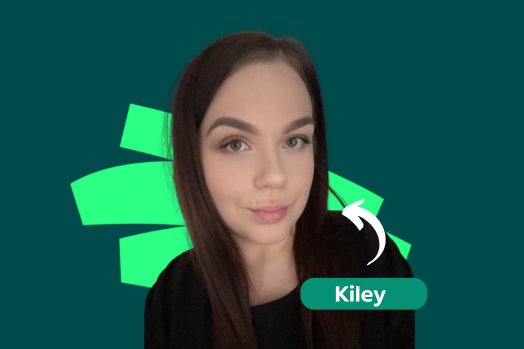
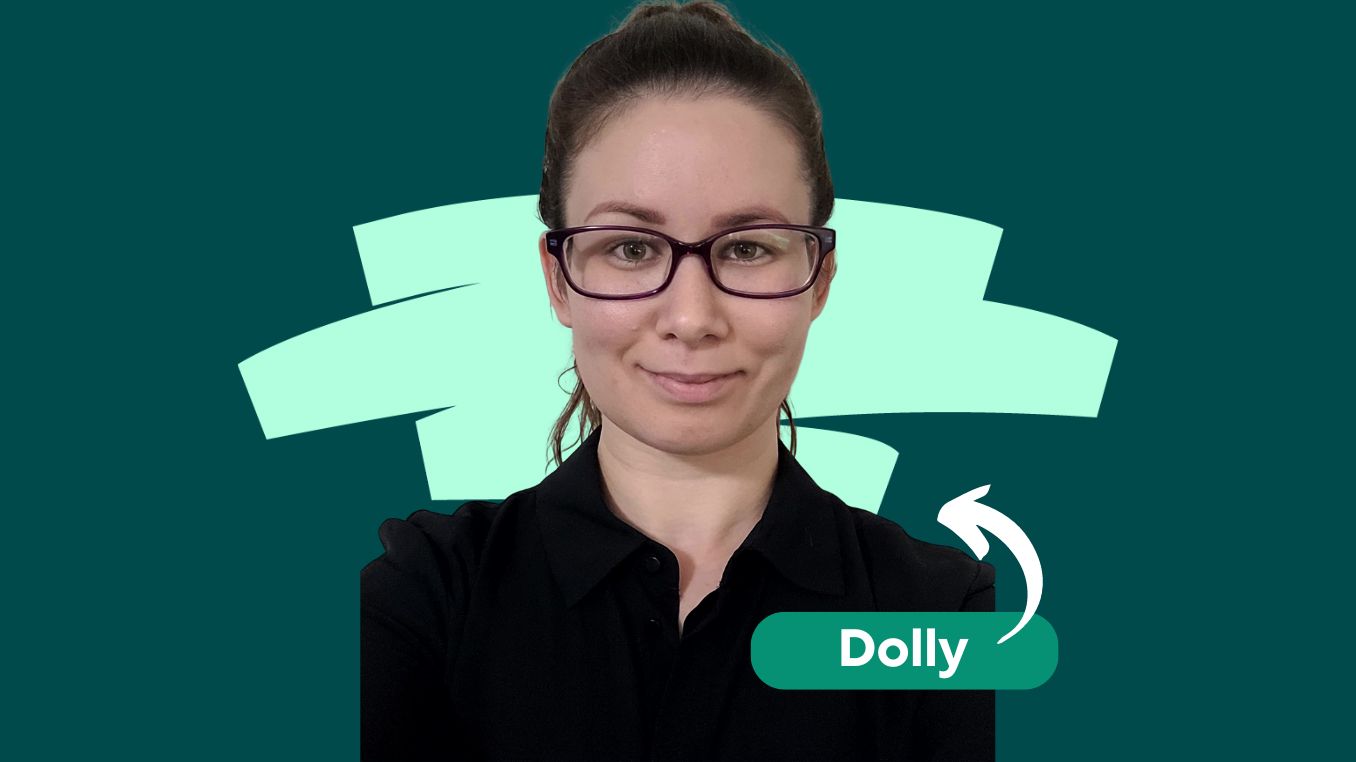
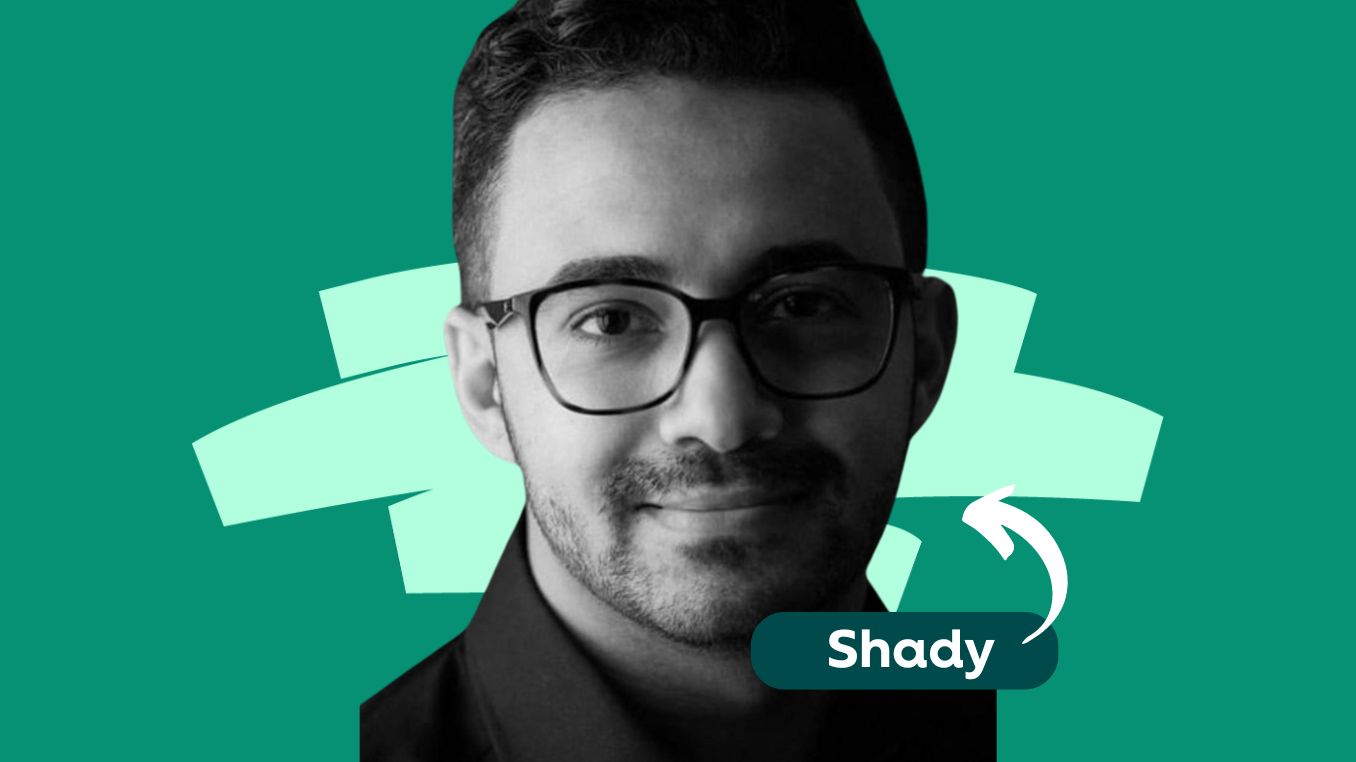
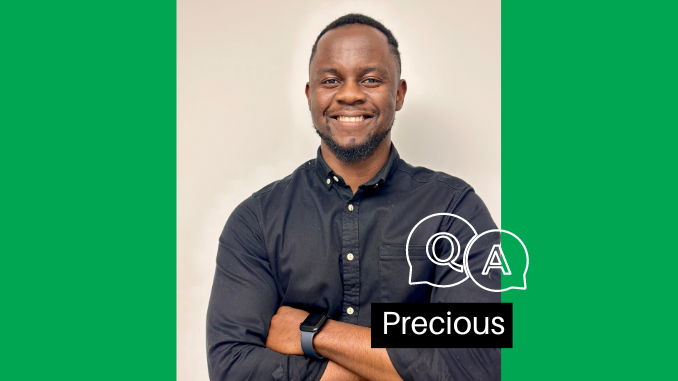
Edmen Community Staffing Solutions Blog












